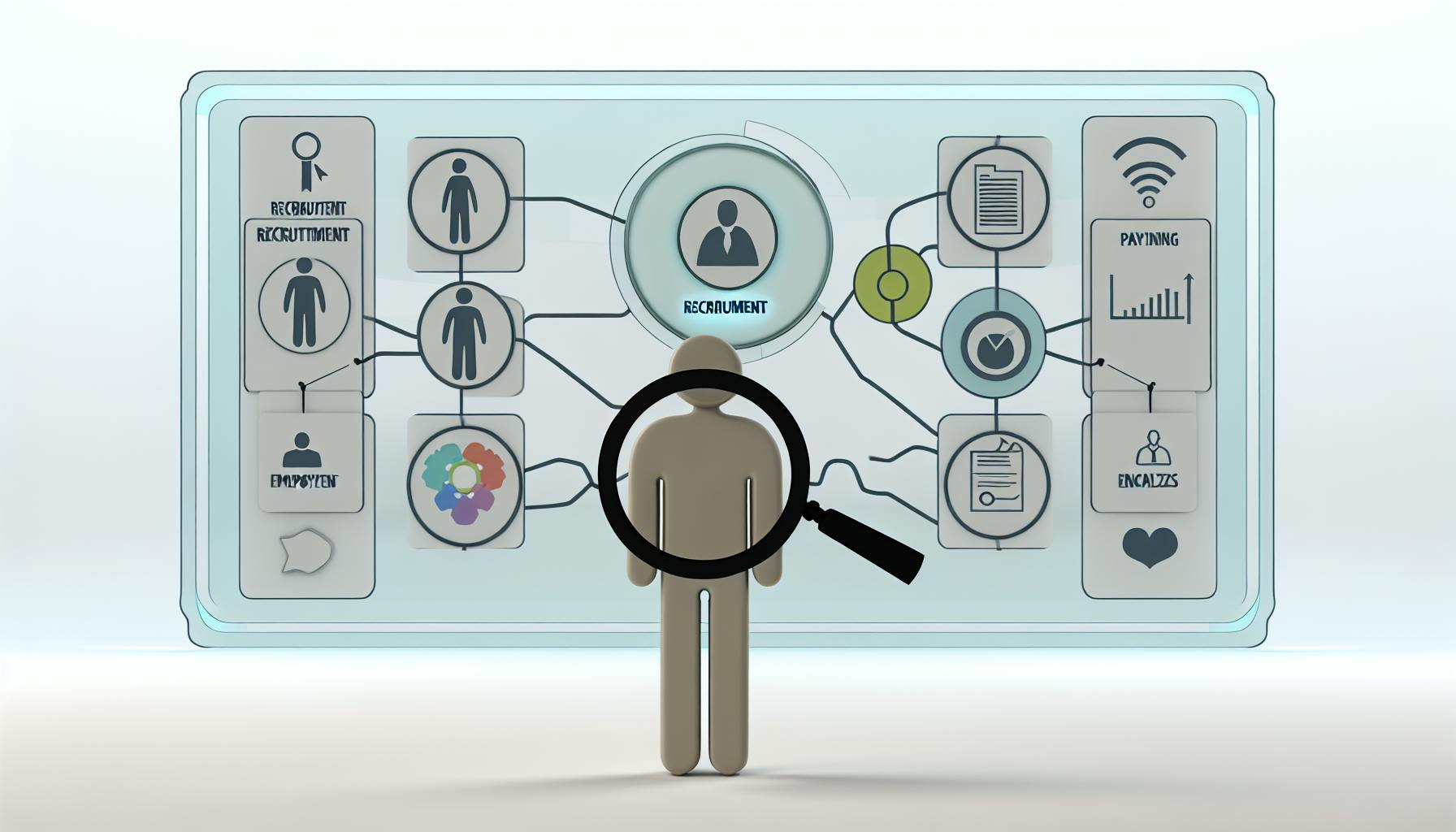The Ultimate Job-Change Checklist

In today's job market, career transitions have become increasingly common, yet fraught with uncertainty. A staggering one-third of U.S. employees are actively seeking opportunities outside their current companies, according to the "State of Work Today, February 2024" report. This widespread job dissatisfaction raises a critical question: Are you prepared to make a career move that truly advances your professional goals?
The Current State of Job Satisfaction
Before delving into the decision-making process, let's examine the landscape of job satisfaction in the United States:
· 32% of American workers report their immediate manager as their primary daily stressor.
· Only 35% express satisfaction with available professional development opportunities.
· 25% of workers globally switched jobs in the past year, yet merely 40% of these job switchers are satisfied with their new roles.
These statistics paint a complex picture of workplace dynamics and highlight the risks associated with hasty career moves. Let's explore the key factors influencing job satisfaction and how to navigate them effectively.
Are You Working for the Right Organization?
Your workplace environment plays a pivotal role in shaping your job satisfaction and overall career trajectory. The "State of Work Today, February 2024" report reveals a telling statistic: 30% of U.S. employees are actively exploring new job opportunities at different companies. This significant percentage suggests that many workers feel a disconnect with their current organizations, prompting them to consider alternatives that might better align with their professional aspirations and personal values.
Consider the following questions to assess your organizational fit:
1. Has there been a recent merger, acquisition, or significant change in control?
2. Is the organization frequently criticized in the business press?
3. Are respected colleagues leaving the company?
4. Are there signs of financial instability or “random” cost-cutting?
5. Is the company resistant to innovation or ignoring technological advancements (including AI)?
6. Does the leadership have a clear and compelling vision for the future?
Answering "yes" to several of these questions may indicate misalignment between your career goals and your organization's direction. However, it's crucial to analyze these responses in context. For instance, if your company is undergoing a challenging period but has a history of successful adaptation, it might be worth staying to contribute to its turnaround.
Are You in the Right Position?
Even within a stable organization, your specific role may no longer fit your aspirations. The high percentage of employees stressed by their managers (32%) underscores the importance of evaluating your position critically.
Reflect on these questions:
1. Are your bonuses or raises no longer competitive?
2. Is your boss bypassing you in communication or decision-making?
3. Have you been excluded from important meetings or social gatherings?
4. Are you compromising your values or concealing your opinions at work?
5. Is your work quality declining, and if so, do you understand why?
6. Have your mentors left or lost influence within the organization?
7. Is your work-life balance deteriorating?
8. Does your role align with your long-term career goals?
If you find yourself answering "yes" to multiple questions, it's time to reassess your position. However, before deciding to leave, consider the potential for internal transfers or role modifications. Many organizations prefer to retain talent by facilitating internal moves, which can provide fresh challenges without the risks associated with changing employers.
How Are You Positioned for Your Future Career?
Beyond your current situation, it's vital to assess your readiness for future career moves. With only 35% of U.S. employees satisfied with their advancement prospects, many may be unprepared for their next career step.
Evaluate your career readiness with these questions:
1. Do you have a strong professional reputation within and beyond your organization?
2. Have you invested in your own development over the past year?
3. Are you aware of emerging trends and challenges in your field?
4. Do you have a robust professional network?
5. Is there a clear path for advancement within your current organization?
6. Is your personal brand recognized and valued in your industry?
7. Does your career development align with your long-term goals?
Positive answers to these questions indicate strong positioning for future opportunities. If you find areas lacking, focus on building these career assets before making a move. This might involve seeking additional responsibilities, pursuing relevant certifications, or expanding your professional network.
Navigating Career Changes Carefully
The decision to change jobs carries significant risks. With only 40% of recent job switchers fully satisfied with their new roles, it's clear that careful consideration is crucial. Here's how to approach this decision:
1. Analyze root causes: Understand the true sources of your dissatisfaction. Is it your organization, your specific role, or external factors?
2. Weigh the trade-offs: Consider what you might be giving up by leaving, such as seniority, familiar relationships, or accumulated benefits.
3. Research thoroughly: Before pursuing new opportunities, extensively research potential employers to ensure better alignment with your values and goals.
4. Leverage your network: Reach out to contacts in target companies or industries to gain insider perspectives on potential opportunities.
5. Develop a transition plan: If you decide to move, create a detailed plan for your exit and entry into a new role, including how you'll address potential gaps in skills or experience.
Conclusion: Making an Informed Decision
The decision to quit your job is significant and should not be taken lightly. By thoroughly analyzing your current situation, assessing your future readiness, and carefully planning your next steps, you can make a more informed decision that aligns with your long-term career goals.
Remember, career satisfaction is not just about escaping a difficult situation but about moving towards opportunities that genuinely excite and challenge you. Whether you choose to stay and address issues in your current role or pursue new opportunities elsewhere, the key is to decide based on a comprehensive understanding of your professional landscape and personal aspirations.
In navigating today's complex job market, tools like JobMatch Pro can offer valuable insights and guidance throughout your career journey. These AI-powered platforms can help you identify suitable opportunities and prepare for interviews. However, it's important to remember that the most crucial factor in your career success will always be your own careful reflection, planning, and proactive approach to professional growth. While technology can provide support, your personal assessment and decision-making remain at the heart of any successful career transition.
By asking yourself these crucial questions and honestly evaluating your responses, you're taking an important step towards ensuring that your next career move – whether it's within your current organization or to a new opportunity – is a step in the right direction.
At HRbrain.ai, we aim to make the world a better place to work. And unleash potential - one career at a time.


